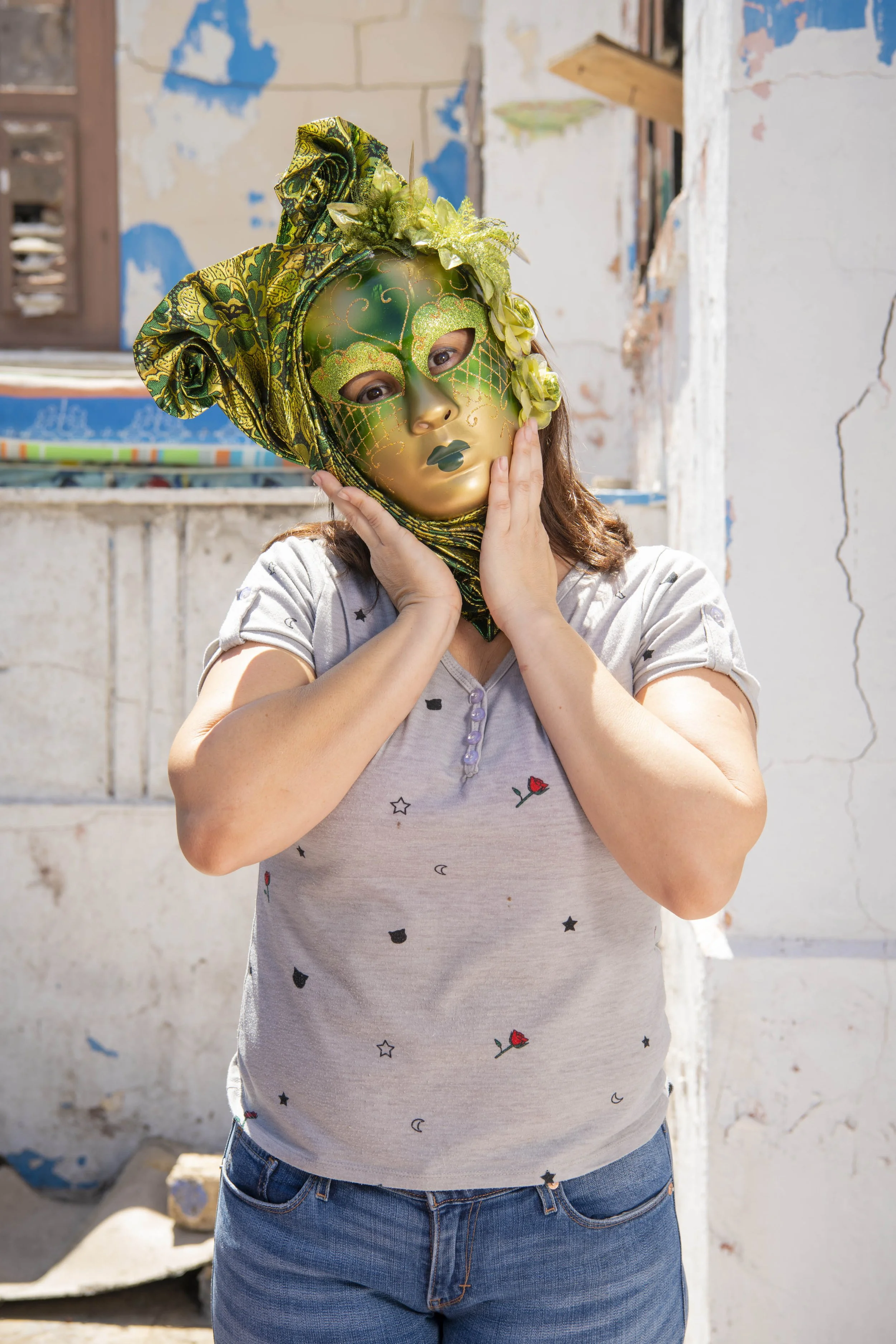Maria
Age: 38
Children: 3, Two are living in Curacao and one in Venezuela
When did you arrive in Curacao? 3 years
How did you get to Curacao? By plane
Profession: Graphic designer / marketeer
Why did you leave Venezuela?
To start with, my partner has been living on Curacao for many years. It was the intention that he would go back to Venezuela to start a small restaurant. But because of the security situation, the food shortages and everything, it was impossible to do so. It is very dangerous in Venezuela. Do you understand? In Venezuela I didn’t see a future. It is very difficult. I made the decision to come to Curacao with my children, in spite of knowing the status I was going to be on I decided to take a chance.
What are you missing most from Venezuela?
My family, my mother and my daughter whom are still there. The warmth of my family. Something that I feel we Venezuelans have. It’s hard to explain. Perhaps it has to do with our culture. Although I have adapted here. I really like Curacao. I think it is very beautiful, that there are very kind people. But I need the warmth of my family. Of my parents and brothers. My life completely changed overnight, and because I am illegal I can’t go and see them. If I had a legal status I would be able to go see them and it would be easier.
Also the fact of not being able to walk freely, feeling just as if you committed a big crime makes it all very hard. It’s stressful to walk in fear. Even if it is just to go to work. I feel always under stress and fear.
What is your dream?
Well my dreams are: to have a stability. Work stability and to have the opportunity to work. To live like an ordinary person. To have a normal life without fear of (police) controls in the street.
What will you do when the situation in Venezuela changes?
I’ve already thought about it a lot and I think I would take some time to plan my return well. I hope to save some money that I can invest in something. Perhaps in something related to my profession. I can even take many ideas from here because I have learned a lot here. I arrived here and did not know much about languages, I did not know about cooking. I have learned cooking, languages and many other things. Maybe I would put into practice many of the lessons I have learned abroad.
Do you have a message for the people who are reading this?
Many of us are in this situation. We are living difficult moments, but always with hope and faith ahead. Where we arrive we do not want to be dependent on any government. We do not seek refuge, or want to be in a shelter. We want to be given the opportunity to work. To support the economy of the place where we arrive. We do not want to be a burden. That’s what I want to say in a few words.
The world news on the situation in Venezuela is highlighted from many angles: from the poignant food and medicine shortages to developments at the global geopolitical level. But what is invisible in the reports about numbers, international problems and possible solutions is the true face of those displaced, the many undocumented, and therefore illegal, Venezuelans abroad.
With this project, “The Hidden Voices of undocumented Venezuelans on Curacao”, we offer a chance for personal experiences to be heard, giving a voice in the media for these men and women, students and professionals, forced to live in the shadows of our society. My hope is that this project can change hearts and inspire support for those displaced and living in hiding by bringing attention to the individual stories from these hidden voices.
